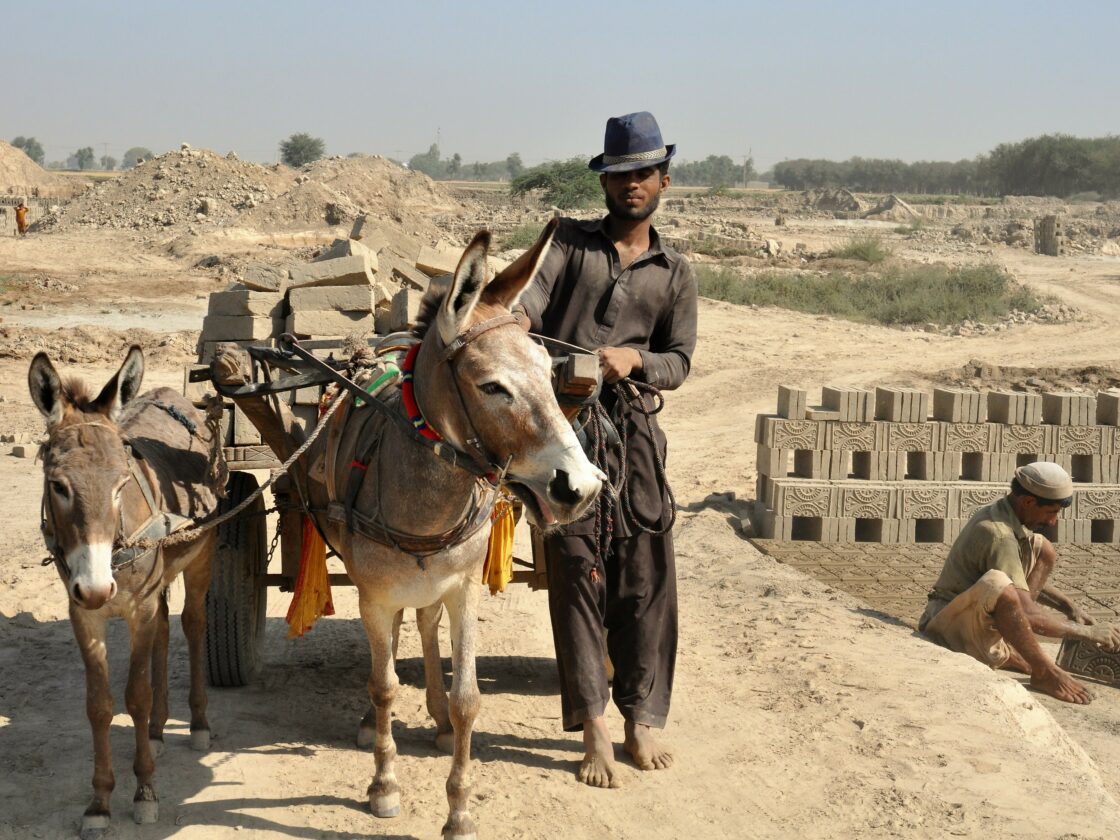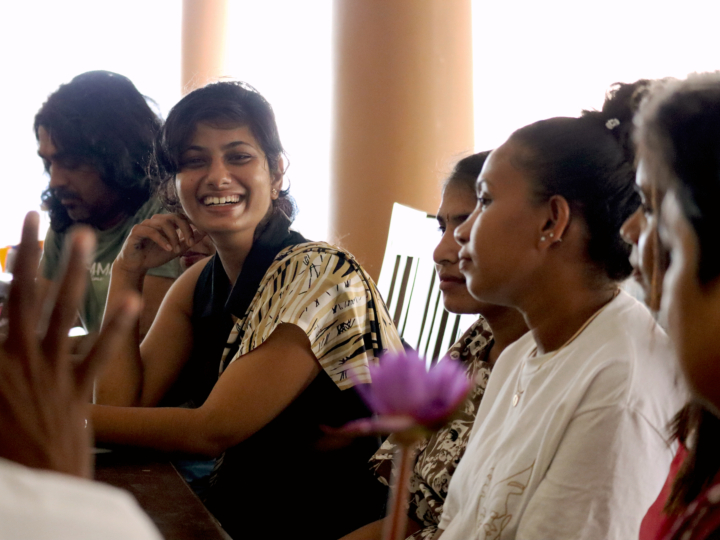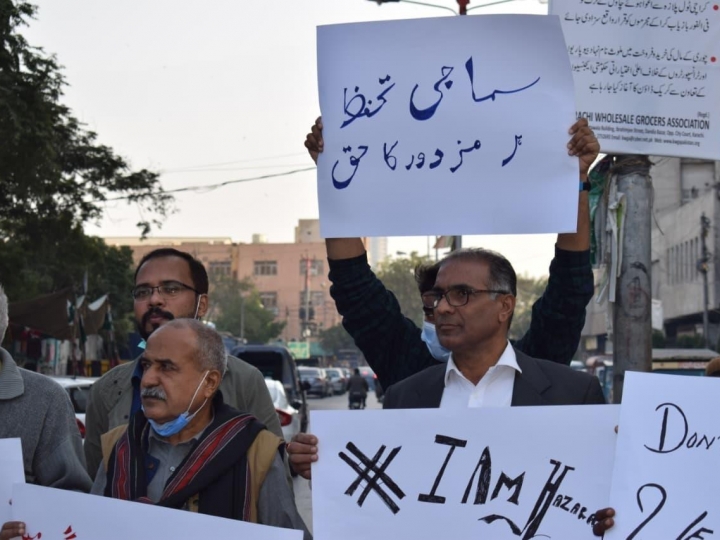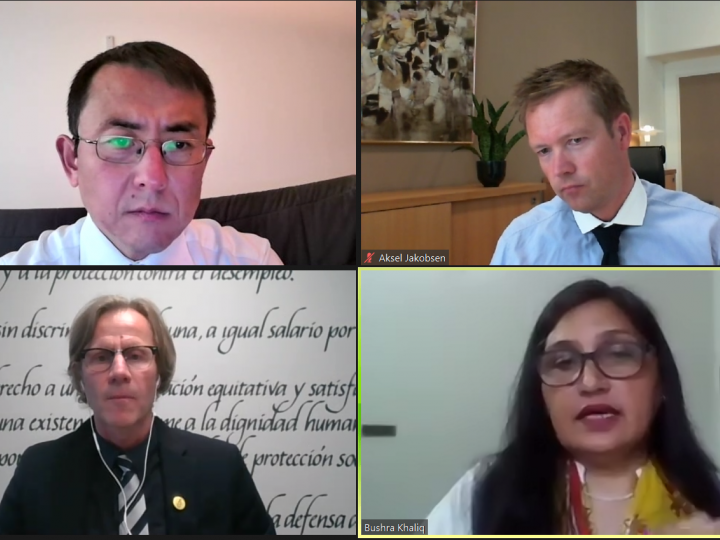Our work in Pakistan
Pakistan has been a priority country of the NHRF since 2002. In the past, the NHRF has given priority to projects working on a broad range of vulnerable groups, but in recent years the work has been focused on support to organizations working on labour rights, particularly organisations addressing bonded labour and protection of human rights defenders (HRDs), both with a strong focus on the gender dimension.
Through more than 20 years of support we have seen how local Pakistan HRDs and organisations remain resilient. Despite an increasingly shrinking space for civil society, including new restrictions on funding, physical and digital space, our grantees manage to overcome difficulties, and challenge deep rooted structural discrimination and secure grassroot mobilization for human rights. With this experience the NHRF will remain a committed supporter of local human rights organisations, particularly women-led, in Pakistan and their fight for the fulfilment of human rights.
Currently, we support 4 grantee partners (4 projects) in Pakistan located in the two provinces of Punjab and Sindh.
Prioritised thematic areas (2021-2025):
- Fight against impunity and access to justice
- Dismantling discrimination inequality and marginalisation
- Protecting human rights defenders and the right to defend rights

Our impact
At the NHRF, we collect big and small success stories from our grantee partners to show the impact they are able to make at various levels. Two of the stories from our grantee partners in Pakistan are described below.
Through their NHRF-supported project our grantee partner Labour Education Foundation (LEF) empowered 1 103 brick kiln workers in 2024 to learn about and access their rights. They have provided capacity building workshops and legal awareness sessions, through which workers have gained knowledge about labour laws, wage entitlements, women’s rights and bonded labourers’ rights. In addition, LEF has provided direct support to workers in registering their national identity cards and their children’s birth certificates to access socioeconomic rights.
In 2024, the advocacy of our grantee Women in Struggle for Empowerment (WISE), contributed to the legal recognition of domestic workers by the Labour department of the Government of Punjab. This included setting a minimum wage standard for domestic workers, setting up a helpline in the labour department and a census to map the number of domestic workers in the province. This constitutes a significant improvement for domestic workers’ rights and protection, a sector primarily dominated by women.
News

Women at Work Seminar 2024
Our second regional seminar as part of our Women at Work programme took place in November 2024 in Negombo, Sri Lanka. Find the impressions and highlights from the seminar in this article.
Read more »
“We want to know where they are”
Enforced disappearance is a global problem, and one that is often governed by a single principle: to cause fear among the population. The International Day of the Victims of Enforced Disappearances is an opportunity to recognize the human rights defenders who support families and friends of forcibly disappeared persons in their search for the truth.
Read more »
The International fight for gender equality and decent work in the context of COVID-19
On May 21 2021, the Norwegian Human Rights Fund and the Norwegian Confederation for Trade Unions (LO) organised a webinar exploring gender equality and workers rights and the impact of COVID-19.
Read more »